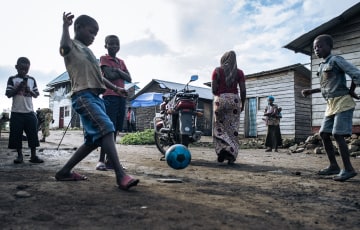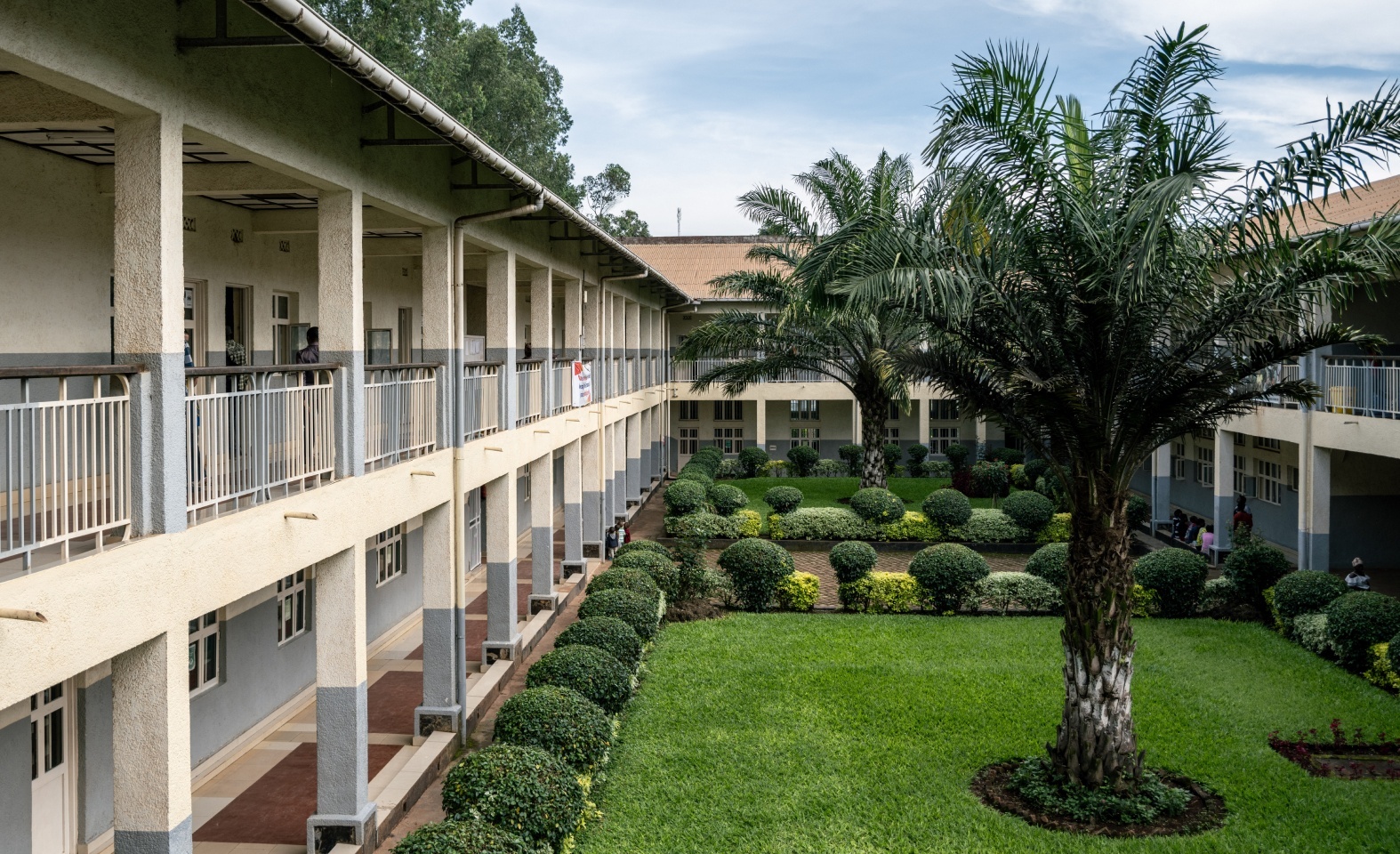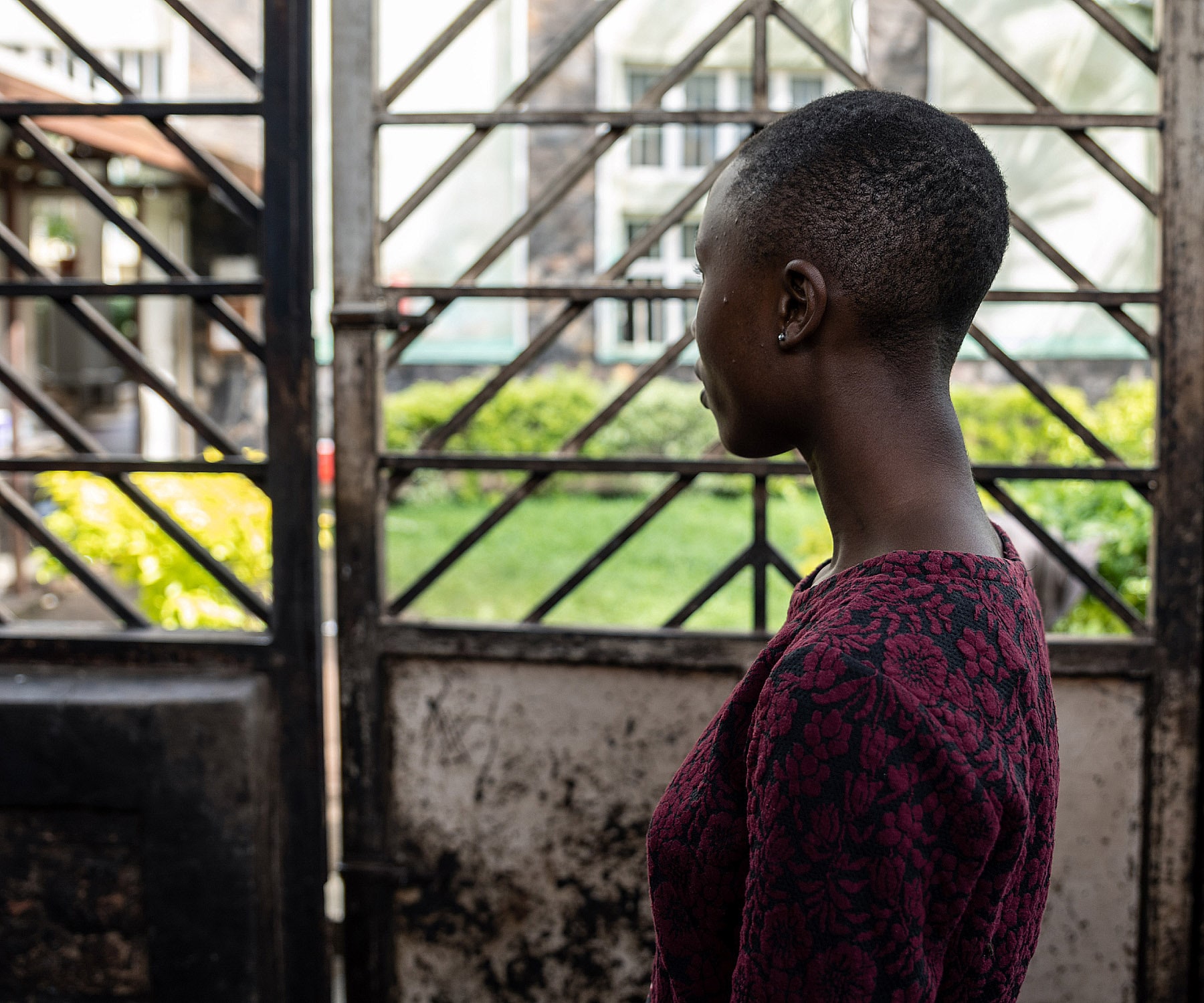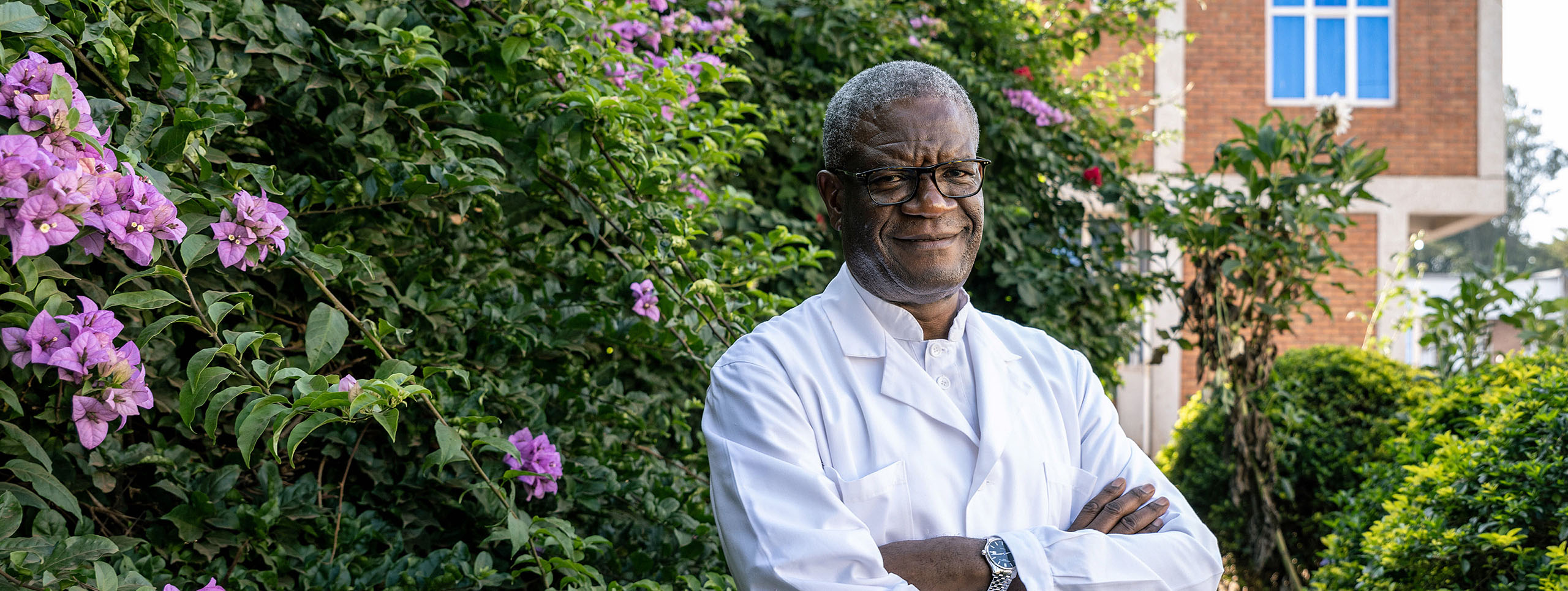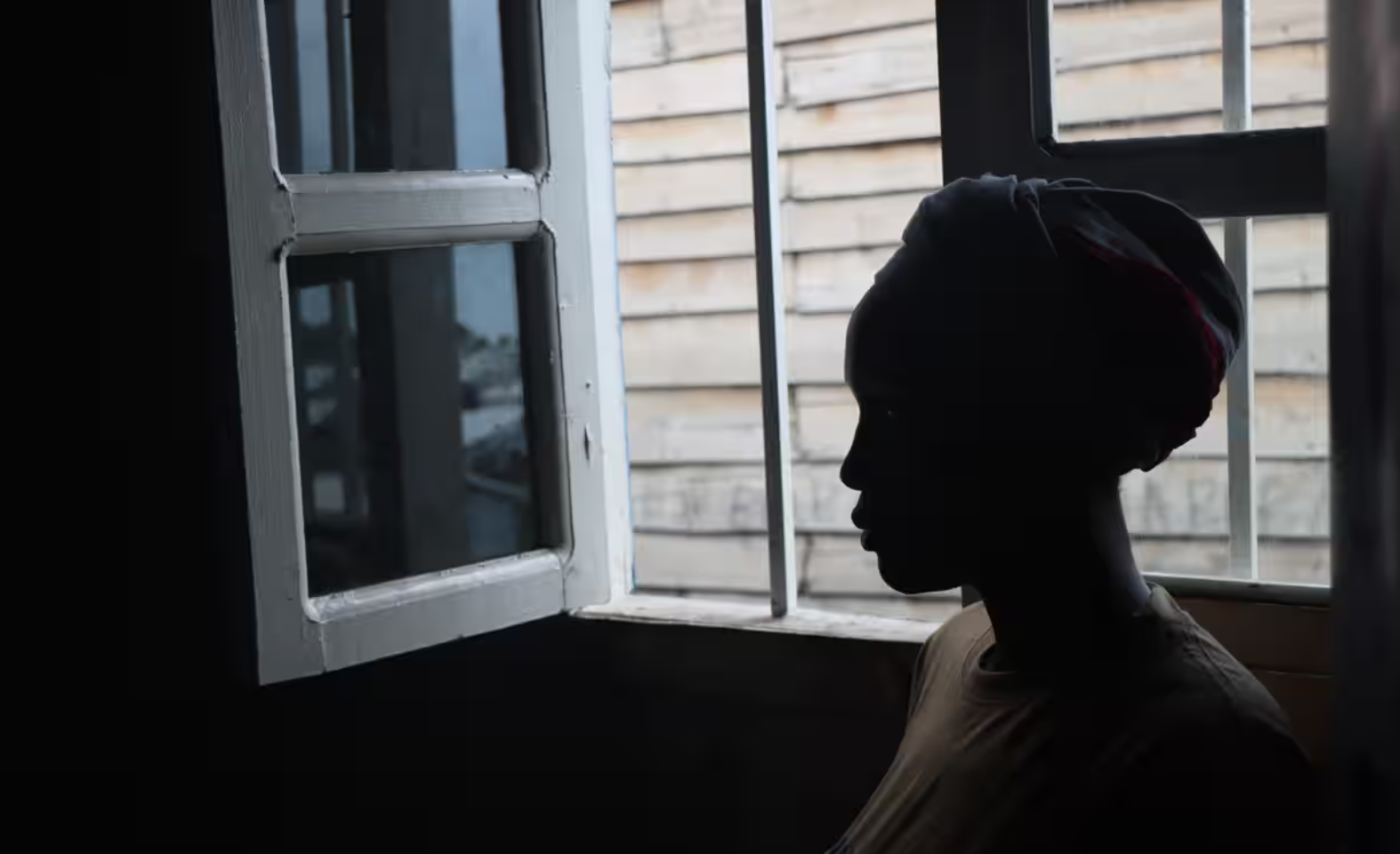The deterioration of the security situation and its dramatic humanitarian consequences in Congo’s Provinces in conflict under the state of siege are extremely worrying and cannot continue.
The latest massacres that took the lives of several dozen people in Mongwalu on Sunday, May 8, and in the Lodda camp for displaced persons near Fataki on Monday, May 9, 2022, in the Djugu Territory of Ituri are unbearable and demonstrate once again that the military strategy supported by the Congolese government for the past year is incapable of protecting civilians and preventing the repetition of war crimes and crimes against humanity.
Indeed, it was with interest that we followed the critical report of the Defense and Security Commission of the National Assembly on the state of siege in September 2021, and it was with horror that we learned of the recent data collected by the Kivu Security Barometer, which established that more than 2,500 civilians were killed in the provinces of Ituri and North Kivu between April 2021 and April 2022. This is nearly double the number of killings documented the previous year, prior to the May 6, 2021 decision to declare a state of siege.
The increase in human rights violations, the growing number of victims among the civilian population, the expansion of areas of instability, and the renewed dynamism of certain armed groups such as the M23 since the state of siege came into effect — which was supposed to strengthen the protection of civilians, neutralize armed groups, and pacify the battered provinces — must lead the Congolese authorities to urgently review their security governance and regional diplomacy.
It is in this context that we welcome President Félix Tshisekedi’s intention to establish a plan to end the state of siege. Indeed, this exceptional measure, which restricts fundamental rights and freedoms, has already been extended many times by Parliament, and should not be allowed to continue while insecurity is growing in the two provinces concerned and its impact on the protection of civilians is negative. This failure must be acknowledged without further delay.
In addition, we would also like to express our concern about the political consultation process initiated in Nairobi between the Congolese authorities, the States of the region and a series of armed groups. Indeed, the announced plan to form a new regional force made up of States in the region that are largely responsible for destabilizing activities in the Democratic Republic of Congo (DRC), recurring cycles of violence, and the illegal exploitation and trade of our country’s natural resources for more than 25 years, is likely to aggravate and prolong instability and insecurity.
The Congolese authorities and the international community can no longer support firefighter-pyromania strategies aimed at maintaining organized chaos, repeated violations of our sovereignty and almost permanent attacks on the territorial integrity of our country by foreign armed forces or by armed groups supported by neighboring states, serious violations of international law that no independent nation can tolerate.
Thus, we renew our plea for a profound reform of the security sector and a serious reorganization of our security and defense forces, which is an indispensable prerequisite for any effort to secure our country and its population. This reform is enshrined in United Nations Security Council Resolution 2612 establishing the current mandate of MONUSCO and its Intervention Brigade. It is also a matter of making full use of the potential of Resolution 2612, which provides under Chapter VII of the Charter for enhanced planning and cooperation between the Blue Helmets and the Congolese security and defense forces, in order to carry out more effective joint operations and to take all necessary measures to eliminate the threat posed by Congolese and foreign armed groups and to stem the climate of insecurity that still prevails in the eastern DRC.
The importance of mobilizing real political will to implement institutional reforms in the security sector will not only be essential to consolidate the building of a strong rule of law that protects fundamental freedoms, but also to carry out a transitional justice process aimed at completing the transition from a long period of war to peace, and from predatory and authoritarian rule to democracy.
Indeed, while the various attempts to find a political and military solution in recent decades have all failed to stabilize the country and protect civilians, the time has come to speak the truth and the law, and to prioritize justice and accountability for the alleged perpetrators of the most serious crimes committed in the DRC for more than a quarter century in UN strategy for peace consolidation, conflict prevention and conflict resolution in the Great Lakes , and to place the use of all transitional justice mechanisms, both judicial and non-judicial, at the heart of MONUSCO’s mandate and exit strategy.
-Dr. Denis Mukwege
2018 Nobel Peace Prize



